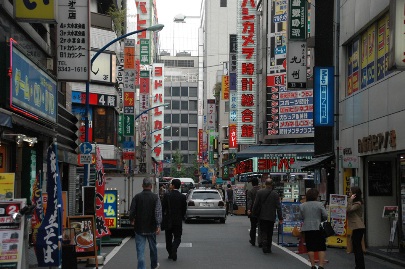Alarming Suicide Rates: What is Life Worth in Japan?
Interesting StuffGroup suicides arranged among strangers over the Internet, suicides by students who face stress in public examinations or bullying, as well as suicides among the unemployed and the bankrupt are at an alarming high in Japan. Official figures show that a total of 32,155 Japanese took their lives in 2006. The figures have topped 30,000 for nine straight years. The recent suicide of Farm Minister, Toshikatsu Matsuoka, over government scandals shows the strong grip of suicide on all levels of society in Japan.

Japan has a history of honouring those who commit suicide to uphold their pride and dignity. In World War II, their suicide fighter pilots who commit kamikaze or suicidal bombing of enemy targets are lauded as heroes. This perhaps partly explains the high suicide rates in this developed country. Moreover, the cultural values of maintaining group harmony over individual interests means that Japanese prefer to take their own lives rather than shame their company or establishment for any wrongdoing or failure. In the family, the men maintain their superior position as head of the family and do not express their feelings easily. This distant and reserved attitude finds no outlet for the pressure that builds up at the workplace. The highly competitive spirit which helps the Japanese to become an economic global giant just decades after World War II proves to be their downfall as well for workers push themselves relentlessly to excel for the family and the country. When the pressure or stress becomes too much, death becomes a common and surprisingly easy choice to make.
Any measures to tackle the problem of suicide must take into consideration these deep-lying causes and values. Japan’s economic and technological success will be meaningless if its people increasingly value life so lightly. Japan needs to look into the emotional and psychological development of its human resources if it were to progress and sustain its position in the world.